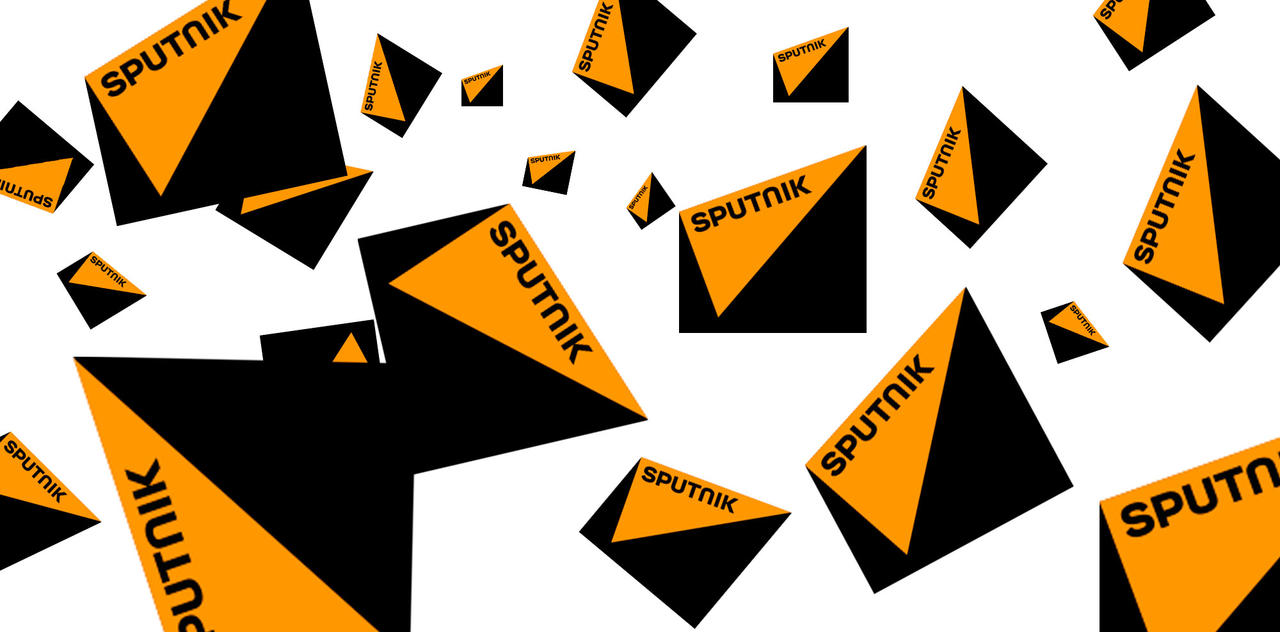
By Kevin Rothrock, for Meduza
On September 11, 2017, Yahoo! News reported that the FBI has questioned two former staffers at the Russian state Sputnik news agency, as part of an ongoing investigation into a potentially undeclared propaganda campaign by the Russian government that violates the Foreign Agents Registration Act (FARA). The effort to treat Sputnik and its older brother, RT (Russia Today), as foreign propaganda, rather than foreign news organizations, has been gaining momentum since last year’s U.S. presidential election, when Russian news coverage turned sharply against Hillary Clinton, inciting fears that Moscow was mounting a coordinated campaign to influence the American public. Meduza reviews the case against Sputnik and examines the consequences it could have for U.S. media outlets in Russia.
The FBI versus Sputnik
According to Yahoo! News, FBI agents have interviewed former Sputnik staffers Andrew Feinberg and Joseph John Fionda, who say they turned over work emails revealing the “internal structure and editorial processes” at Sputnik. The emails reportedly document the Kremlin’s strict control over news coverage, and how the outlet intentionally pursues fake stories and conspiracy theories to advance Moscow’s political goals.
Following the news that Sputnik is in the FBI’s crosshairs, Margarita Simonyan, the chief editor of RT, another Russian state media outlet, warned that Moscow would retaliate: “There is no doubt that Russia will respond to the FBI investigation in the same way and will check the work of American journalists in Moscow. It’s disgusting,” Margarita Simonyan said.
The U.S. Broadcasting Board of Governors
Though Simonyan didn’t say which “American journalists” Russian police would target, it’s a good bet that Moscow would start with reporters from RFE/RL and Voice of America. Both these outlets are supervised by the Broadcasting Board of Governors (BBG), a U.S. government agency whose stated mission is “to inform, engage, and connect people around the world in support of freedom and democracy.”
RFE/RL is designed to produce independent reporting and promote democratic values — “uncensored news, responsible discussion, and open debate” — in places where this kind of journalism is believed to be absent. The Voice of America was created to represent America and present the policies of the U.S. “clearly and effectively,” along with “responsible discussions and opinion” on these policies. In other words, RFE/RL is supposed to create independent journalism about the outside world, while VOA is meant to report about America itself.
Formed in 1999, the BBG was designed to serve as a “firewall” against political interference in the journalism it oversees. The bipartisan board’s eight members are appointed by the U.S. president and confirmed by the Senate. There are currently only six members of the BBG, plus U.S. State Secretary Rex Tillerson, who is an ex officio board member.
Last December, with the passage of the National Defense Authorization Act for Fiscal Year 2017, the U.S. federal government rewrote the allocation of power within the BBG, transferring the bipartisan board’s authority to a chief executive officer appointed by the president. The new CEO will be able to hire and fire senior media staff and determine budget allocations.
Despite the overhaul, the BBG’s bipartisan board still meets, albeit in a diminished advisory capacity, and officials are waiting to see whom the Trump administration will nominate to take the place of acting CEO John Lansing, who’s been in office since September 2015, before the changes.
As recently as June 1, 2017, Politico reported that the White House’s leading candidate for the CEO position at the BBG was Michael Pack, “a conservative documentarian with ties to [now former] chief strategist Steve Bannon.” While Bannon’s ouster likely means curtains for Pack, Lansing is still waiting to be replaced. “The White House could theoretically use the BBG for any kind of messaging,” a senior Washington official told Politico.
So RFE/RL and VOA are America’s Sputnik and RT?
Nobody (currently) employed at Sputnik or RT embraces claims that they’re foreign propagandists. Journalists at RFE/RL and VOA similarly reject such accusations, along with the very suggestion that their publications are even remotely comparable to these two Russian state-funded media outlets.
Audiences will have to make up their own minds when it comes to judging the quality of journalism at these publications, but an important distinction to remember is that RFE/RL is designed to withdraw itself from areas where independent journalism has returned. This, for instance, is why RFE/RL stopped broadcasting in local languages in Estonia, Latvia, Lithuania, and five other European countries in 2004.

Sputnik, on the other hand, describes itself as a “modern news agency” with “products on multiple platforms.” Like RT, the outlet is geared toward “stories overlooked by the mainstream media,” but there is no formula in place for Sputnik or RT to phase out their operations, once the media environment in a host country has reached a certain level of perceived freedom.
When it comes to Sputnik, the closest Russian analogue to the BBG would be Rossiya Segodnya, its parent holding company, which Vladimir Putin created by executive order in December 2013. Unlike the BBG, however, Rossiya Segodnya makes no effort to insulate its media projects from political interference in its journalism. As if to erase even the slightest doubts about this, Putin appointed pro-Kremlin TV pundit Dmitry Kiselyov to serve as the company’s CEO, with none other than RT chief editor Margarita Simonyan joining as Rossiya Segodnya’s chief editor (causing dizziness for more than a few people trying to understand the distinction).
FARA could be too little, too late
It’s important to note that Radio Svoboda has already lost access to radio waves in Russia. In September 2012, the outlet announced that it was switching to Internet broadcasts, following the enactment of a new Russian law limiting foreign ownership in radio stations to 48 percent. In June 2016, Radio Svoboda‘s final shortwave radio transmissions hit the airwaves before the network went permanently silent.
In 2012, Russian lawmakers enacted their own version of the Foreign Agents Registration Act, requiring all politically active and foreign-funded nonprofit organizations to register with Russia’s Justice Ministry as “foreign agents.” RFE/RL is funded by the U.S. Congress through the BBG, and it operates under IRS rules as a private, nonprofit corporation.
In addition to saddling “foreign agents” with crippling police audits, Russia’s FARA-inspired legislation created a new felony offense under article 330.1 of the Criminal Code, making it punishable by up to two years in prison to commit “malicious evasion” of the law’s filing requirements. Russia’s Justice Ministry currently names 88 organizations on its list of foreign agents.
Since it was passed in 1938, there have been only a handful of criminal cases in the U.S. involving violations of FARA, whose registrants are often public relations firms hired to generate positive buzz for foreign governments’ initiatives in Washington. The maximum penalty for willfully violating FARA is 10 years in prison and a $10,000 fine, but even these harsh measures wouldn’t necessarily force a “foreign agent” media outlet off the air.
While serving on the BBG’s bipartisan board, Matthew Armstrong argued in an article that convicting RT of FARA violations could fail on two counts, reinforcing the outlet’s anti-establishment credibility while simultaneously imposing relatively weak penalties. According to Armstrong, even the Nazi news agency Transocean could have continued publishing after its top editors were hit with FARA violations in 1941, if only they had complied with the law’s registration requirements. The degree to which RFE/RL and VOA has been pushed from the Russian media market is already more significant than any impact a FARA case against Sputnik is likely to have. If U.S. officials do prosecute and convict Sputnik under FARA, the situation in Russia for American publications could only get worse.
“The sensible time to register RT as a foreign agent may have passed,” Armstrong wrote. That was more than two years ago.
By Kevin Rothrock, for Meduza





